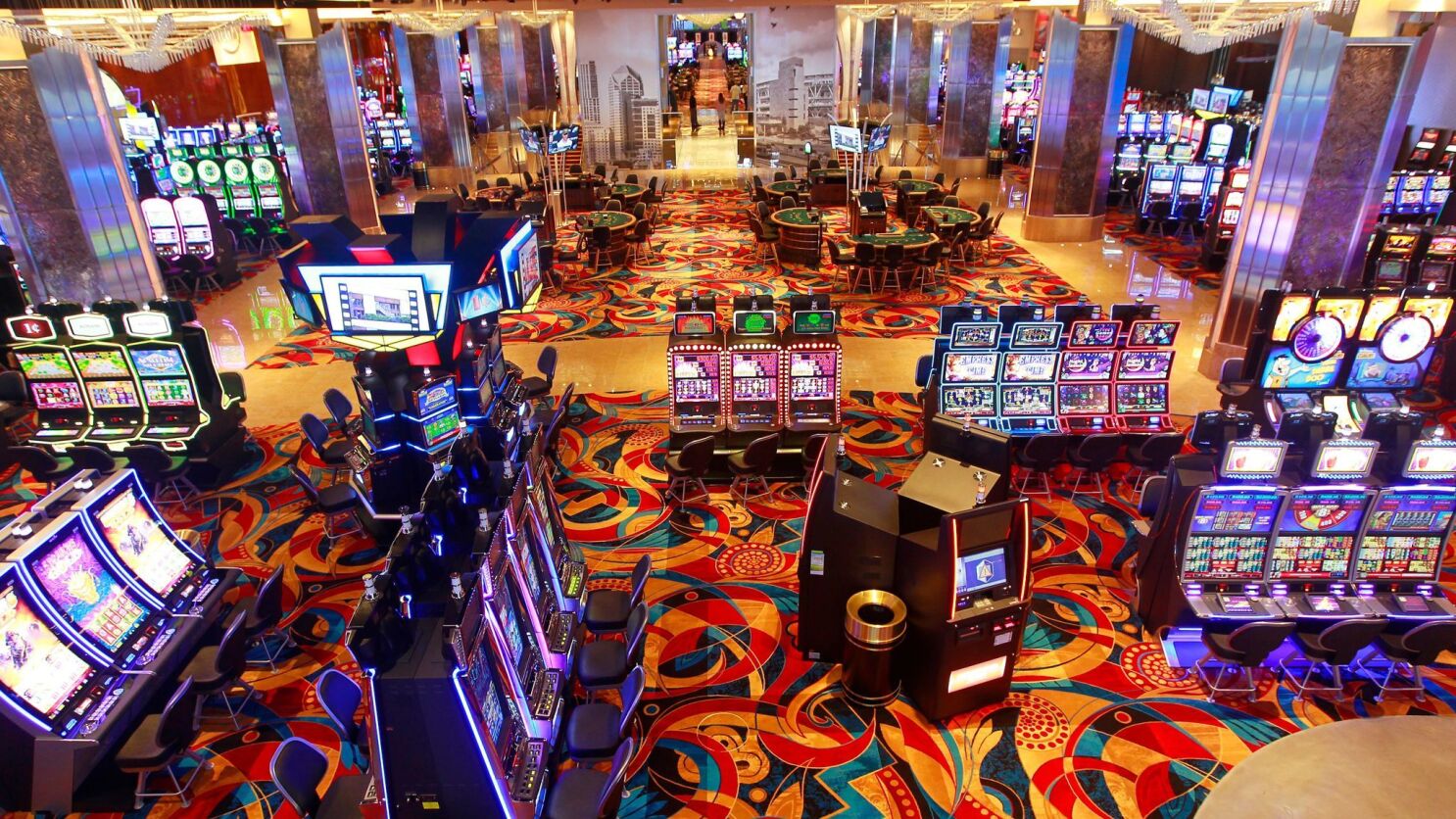Gambling can be a thrilling yet daunting experience. You may wonder how casinos really operate and the vast economics behind this billion-dollar industry.
In this blog, you’ll uncover the inner workings of the gambling industry from operational infrastructure, and sector influences, to emerging trends and opportunities. Dive in to find out more!
The History of Gambling
The history of gambling spans centuries and different cultures, tracing its origin to games of chance like dice and other manufactured gaming objects used by early civilizations in Europe, Asia, and the Middle East.
The earliest records of gambling date back to 2300 B.C., when an ancient Chinese manuscript described a game relying on porcelain tiles. Gambling also became quite popular in Ancient Greece, where it was played for social entertainment during symposia or public meetings.
The 16th century also saw organized horse races become popular in many parts of Europe; with some even including wager markers as part of their publicly attended competitions.
Between the 17th and 19th centuries, modern-day conventions surrounding gambling had begun to form with the proliferation of casinos across most European countries.
With more incentives being offered outside the traditional broken system tied to morality; these new establishments opened up opportunities for citizens between classes who may have otherwise been excluded from taking part in some forms of recreation due to social stigma at that period in time.
Today, with the rise of the internet, options are limitless. The list of real money casinos goes on and on, with more games than we cloud possibly imagine.
The Business of Gambling

The modern casino industry is a highly regulated and specialized form of business that offer gambling opportunities to visitors. It includes several different types of business models, from small independent operations to large, international businesses.
While many people think of casinos as just one type of business offering different games, in reality, the industry encompasses a variety of venues and activities.
The casino industry consists primarily of establishments such as
- hotels
- racetracks
- cruise ships
- riverboat casinos
- horse tracks
- card rooms/clubs
- tribal gaming establishments
- commercial casinos
All these different types come together to make up the big business of gambling. Each type is subject to its own unique set of rules and regulations in order to protect the customers’ safety while ensuring that the corporate entities are operated with integrity and fairness.
Casino Regulations and Laws
The casino industry is a complex and regulated business, subject to federal and state laws. Each state regulates gambling in its jurisdiction, so when considering the legal environment of casinos, it’s important to take into account both local regulations and national legislation.

At the national level, gambling is largely governed by the Interstate Wire Act of 1961 and the Unlawful Internet Gambling Enforcement Act of 2006. These two acts prohibit the use of interstate or foreign wire communications to offer or advertise wagering services through electronic media such as television, radio, or the internet. They also prohibit financial institutions from aiding in any unlawful form of online gambling.
Regional regulations may call for additional requirements as set forth by each jurisdiction’s gaming commission or other responsible body charged with overseeing gaming activities.
Some states have specific restrictions on types or the number of games offered, player age requirements for access to certain games and machines, bet limits on certain games, tax rate requirements for operators, and more. When launching a casino operation at a new location, operators must understand the local gaming laws and follow them upon entering their new market.
It is also important to note that each U.S.-facing online casino operator must obtain an operating license from one (or more) jurisdictions before they can legally operate their business in accordance with established gambling regulations.
Profitability of the Casino Industry
The profitability of the casino industry as a whole is clear. While there is some variability in certain markets, such as Atlantic City and Nevada, overall returns remain quite strong. In the United States, casino revenues were estimated to be just under $45 billion in 2022. This was a 3.2 percent increase over 2021 and the highest level of growth in five years.
In addition to direct revenue, the business model of much of the casino industry directly relies on ancillary spending on food, lodging, and entertainment offerings. This leads to increased profits and limits risk exposure relative to other types of businesses which count on more direct income sources that can be more volatile.
Future of the Casino Industry

The future of the casino industry is likely to be one marked by technological innovation and the integration of technology into gaming experiences. The desire for a more immersive experience for customers is likely to drive the development of virtual reality, augmented reality, and interactive platforms as well as new mobile-friendly gaming venues such as mobile apps for both sportsbook betting and casino games.
By creating an immersive environment, casinos will be able to compete in a rapidly changing environment that includes increased competition from online gaming operators.
Additionally, the growth of social media presents an unprecedented opportunity to engage with customers in a new way.
Social networks will provide casinos with an opportunity to get creative with their marketing campaigns and leverage user-generated content and interactivity to increase engagement with brands. This could lead to new ways for customers to interact with staff and create community experiences while enjoying their favorite games in comfort.
Finally, regulatory changes have pushed brick-and-mortar businesses into a difficult position. New regulations have put limitations on what activities can take place on casino premises as well as how payouts are handled by staff members working within a casino setting.
Developing systems that allow players to manage their own finances effortlessly will be key for operators seeking success in the ever-changing climate of the industry moving forward.
Conclusion

It is clear that the casino industry has come a long way since it first started. With technology allowing for more efficient operations, larger venues, and better customer service, there is no doubt that the casino industry will continue to thrive in the years to come.
For those looking to have an exciting time while gambling their hard-earned money, it is important to understand how this business works so they can make informed decisions while enjoying their favorite games.









